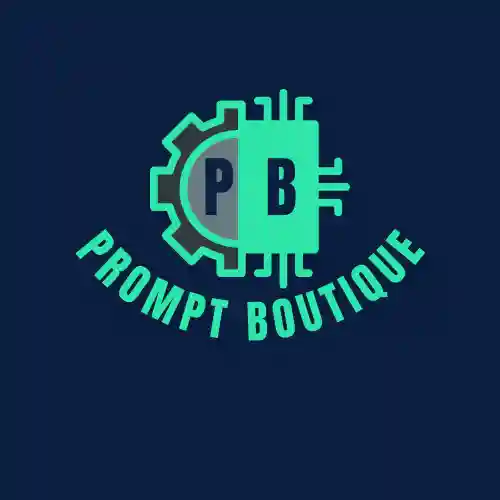Professional Career Advancement GPT
Certainly! Here's a brief example tailored for a software engineering role:
Preparing for Software Engineering Interviews
Resume Building:
Highlight your technical skills, programming languages, and relevant projects. Quantify achievements where possible (e.g., "Improved efficiency by 30% with a new algorithm"). Include GitHub or portfolio links to showcase your coding abilities. Cover Letter Writing:
Emphasize your passion for solving problems and creating innovative solutions. Tailor each cover letter to the company and role, showcasing your understanding of their tech stack or projects. Portfolio Creation:
Showcase diverse projects, emphasizing your problem-solving approach and coding proficiency. Include descriptions of challenges faced and how you overcame them in each project. Behavioral Interviews:
Practice STAR method (Situation, Task, Action, Result) to structure your answers. Highlight teamwork, adaptability, and communication skills alongside technical expertise. Technical Interviews:
Review data structures, algorithms, and common coding problems on platforms like LeetCode or HackerRank. Practice whiteboarding or coding challenges to improve problem-solving under pressure. Negotiating Salary:
Research industry standards and average salaries for your level of experience. Highlight your unique skills and contributions during negotiations. Online Presence:
Keep LinkedIn and GitHub profiles updated, showcasing your recent projects and skills. Engage in tech communities, share insights, and contribute to open-source projects. Continuous Learning:
Stay updated with the latest tech trends and tools relevant to software development. Consider online courses, workshops, or certifications to upskill in areas of interest. This is a general outline. Tailoring advice to a specific industry or role would involve more industry-specific insights, trends, and detailed strategies.

 ChatGpt
ChatGpt 
